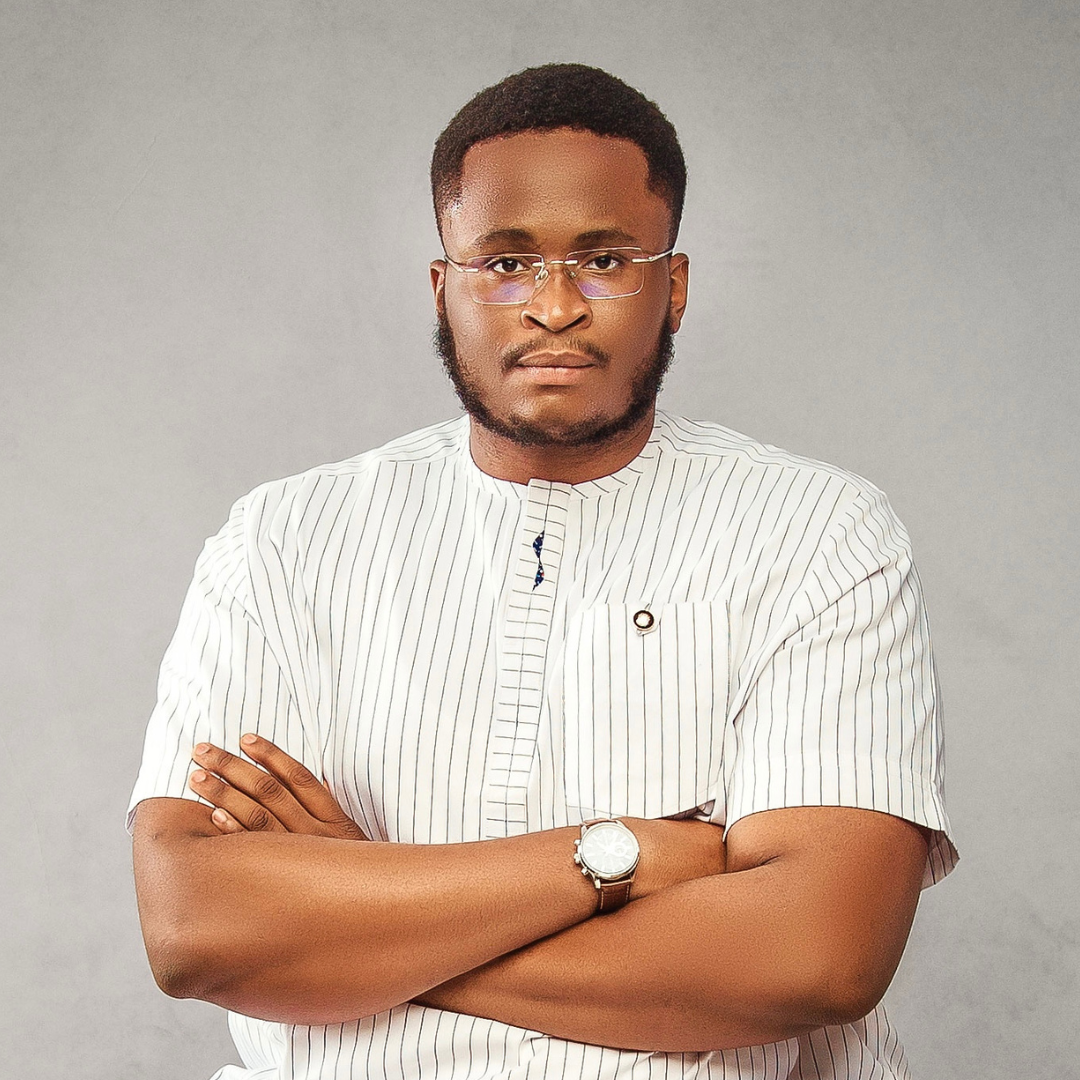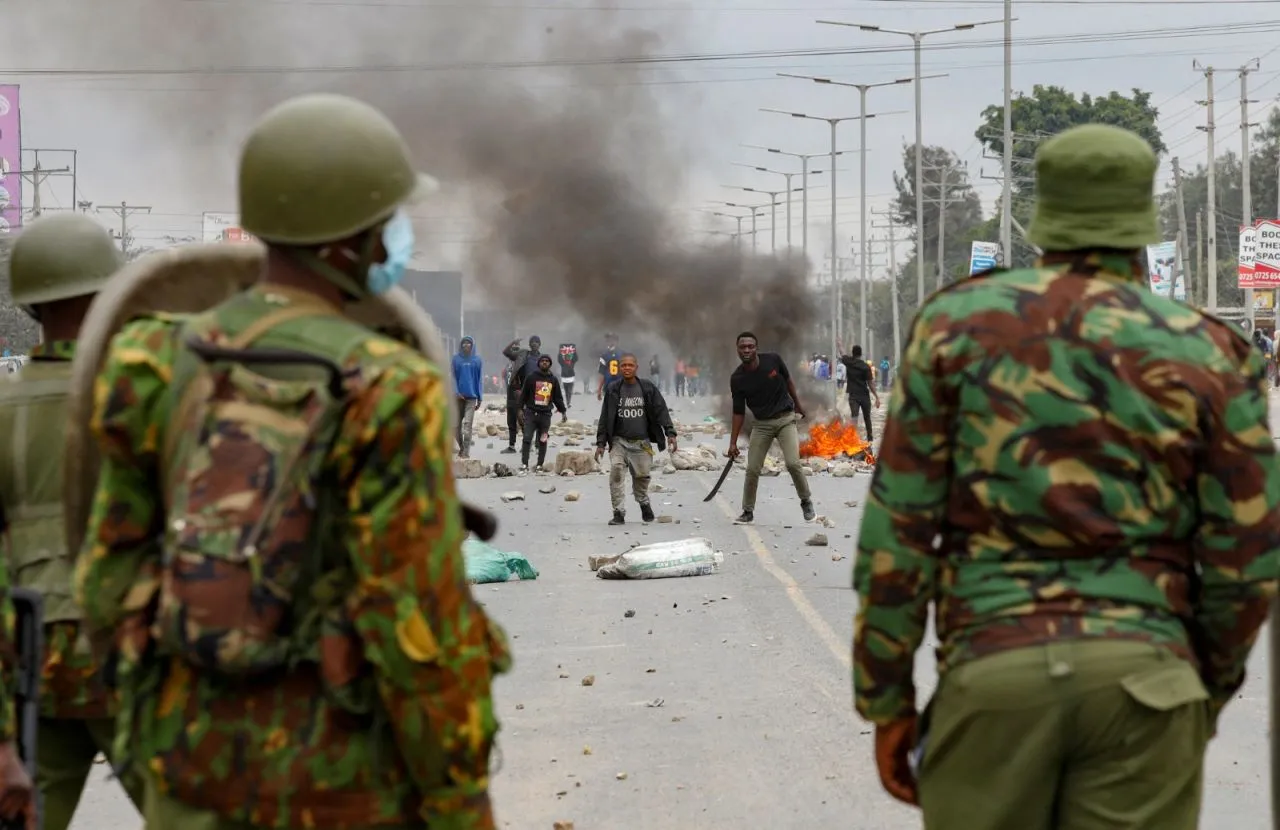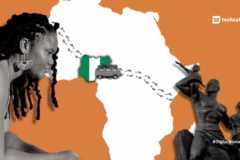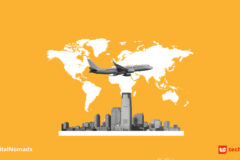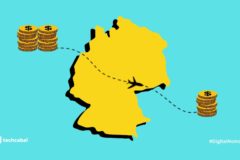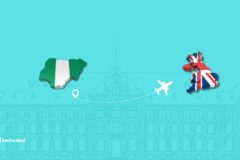In February, right at the tipping point of the Russo-Ukrainian conflict, the lives of 76,000 international students were thrown into disarray.
Many of these students—19,000 of them African—had left their home countries for the relatively cheap education in Ukraine. Most international students in Ukraine can survive on $6,000 per year, a stark contrast from countries like the US where international students would need about $10,000 per year to survive.
For some African students like Fortune whom we spoke to in March, the war brought an abrupt but expected end to a seven-year journey. For others like Kemi*, it meant yet another pause on getting her medical degree, and losing a business that brought in at least $1,000 a month.
And so when we speak to Ariyike* on a Friday evening, eight months after the onset of the war, we expect morose responses and a sombre chat. What we find, however, is the proverbial silver lining hiding within the many stormy conflicts brought on by the Russo-Ukrainian war.
TC: Tell us, what was running through your head when the war began?
It wasn’t unexpected, I’ll tell you that. I was starting my third year of medical school, but I hadn’t paid my fees yet. I remember my mom saying we should wait for things to take shape before we made any further commitments.
When the whole thing finally happened, I didn’t think we would get out honestly. I’m super pessimistic about these things, so I didn’t think we would get out at all or even get off the continent, but we did.
TC: How did you get out, and what did it cost? Some people paid up to $1,000 to get cabs to take them to nearby cities.
I think I was luckier than most. I don’t think I spent a thing while leaving Ukraine.
I found someone locally—a friend of a friend—who had a car, and he’s the one that drove us to the train station; then we go into the train for free. But when I got to Poland, I spent a hell of a lot of money on trains. And then I got duped renting a false AirBnB.
In total, I spent about $300 on trains, hotels and food in Poland, but I was only there for a few days.
TC: So you didn’t lose a lot?
I wouldn’t say I didn’t lose a lot. I mean, my laptop is still in my apartment in Kyiv with most of my clothes. Because I didn’t think we’d get out, I packed winter clothes for the cold: heavy jackets, boots, and blankets.
Luckily, we got out so now I’m in Nigeria, but I have nothing to wear. Every time I reach for something to wear, I spend time rummaging through my wardrobe before it hits me that I left them in Ukraine.
TC: Will you ever go back for them? The things you left?
Go back?! To what?
I have friends whose landlords sold their stuff weeks after they left. My landlady is nice, I’m lucky, so best I can do is find a way to get her to send them to my friends in Hungary. But I’m not going back to Ukraine.
I still have PTSD from my time there. I don’t think I’ll ever want to live in a European country where English is not the first language.
TC: Whoa, PTSD?
Let me explain it this way: the second I got back to Nigeria, I felt free, you know. Like I could walk on the street without anyone gawking at me. In Ukraine, black people have to hide themselves in public places, because Ukrainians criticise us for every little thing we do.
For most people that grow up in Nigeria, we don’t understand racism; we live in environments where every single person around us is black. I think when we get to these places, we don’t catch on to these little things that are actually racist microaggressions because we don’t understand them. Ukrainian students punch holes in walls and no one bats an eyelid, but international students get fined and kicked out for the littlest things.
We understand otherisation, yes, but not racism. In Ukraine, I had to be hyper-aware and when I finally got back to Nigeria, my muscles unclenched and I felt relaxed.
And that’s the feeling I’m looking for in anywhere else I want to go.
TC: Did that feeling last though?
Yes, it did.
My people gave me time and space. I guess they didn’t really talk to me about it because they didn’t want me to worry about my future or be emotional.
And that’s their fault because once I noticed, I started putting my plan together.
TC: I swear a melodramatic ghen-ghen sound just popped into my head. What plan?
I never wanted to study medicine, and I think God finally agreed with me.
Even before talks of the war started, I was already trying to convince my mom to let me leave medicine. Medical students in Ukraine write a qualifying exam in their third year so my mom asked me to wait till after the exams before we continued the conversation. I knew it would never happen, and I was already thinking of how difficult my fourth and fifth years would be.
So when the war came and I found myself back in Nigeria, I put myself together and started putting together plans to study a course I actually love.
TC: And what’s that?
I love writing, and I want to be a journalist.
I’ve actually been interning with a Nigerian newspaper since I’ve been back. But yeah, journalism is my passion and I want to study it.
TC: And your mom agreed? Willingly?
She didn’t have much of a choice this time. The first thing she did when I got back was to call all the schools she knew and ask for details on how I could transfer into 300L in Nigerian universities. They all told her the same thing: I’d have to start over from 100L.
Besides, my school—Kyiv Medical University—wasn’t releasing my transcript. They don’t want any of their students to leave so they’re holding onto all transcripts. They made a deal with a Polish university so all the students have to move to Poland to continue schooling.
I didn’t want to do that so I was out of options for medicine.
TC: How did you convince her this time? Parents aren’t exactly pliable for these kinds of things.
It took a lot of talking and walking.
First, I took evening walks with her every day for a whole month and reiterated my plan to study journalism in Canada.
You see, I’d gone online to research schools I wanted to apply to, places I’d live in, and internships I could take. I planned my whole journalism career up to PhD level and when she saw the detail and how focused I was, she finally agreed.
TC: Wow, that sounds brilliant…and expensive.
It is. It’s going to cost about $26,000 CAD ($19,000) to leave my medical degree behind and start fresh in Canada.
My tuition is about $22,000 and we’re paying it in full because it gives us a better chance of getting the visa. We’re also paying about $4,000 for a few months of housing, and stuff.
There’s also this weird rule that says we should have ₦20 million ($45,000) transacted in your sponsors’ account for a six-month period, but that’s not money we will spend.
But it’s all worth it. Escaping Ukraine, the years I spent clenching my fists, even the years of medical school, it’s all worth it.
I’m finally going to do what I love.
If you enjoyed this article, please share it with your network on Twitter, WhatsApp, LinkedIn, Facebook, and Telegram.
We’re open to applications for Digital Nomads from across Africa. If you’re an African that is working or studying abroad or travelling the world, or someone that just transitioned into tech, kindly fill out this form.










